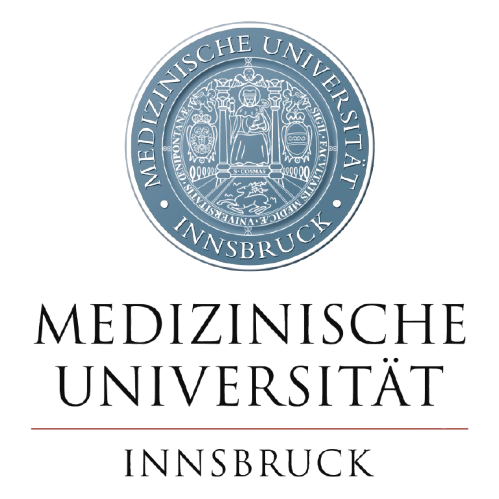
Our research team is made up of experts from various disciplines, including psychology & psychiatry, health economics, health services research, and social & implementation sciences.
By working with local stakeholders, we will seek to design, evaluate and maintain an improved support system for new parents and their infants.
A total of 4 essential units can be identified:


- Active involvement of key stakeholders in the research process
- Encourages collaboration, co-creation and joint decision-making
- Incorporates stakeholders‘ perspectives, knowledge, and expertise
- Aims to ensure inclusivity, empowerment and relevant research findings
More about the Participatory Research Unit
The Participatory Research Unit is a team within a research project that actively involves key stakeholders, such as community members, organizations, or people with lived experience, in the research process. The unit facilitates collaboration and joint decision-making between researchers and stakeholders, ensuring that their perspectives, knowledge and expertise are incorporated into research design, implementation and results. The aim is to promote inclusivity and empower participants to generate research results that are relevant, meaningful and applicable to the target group.

- Identification and involvement of stakeholders with a personal interest in the research project
- Maintains productive relationships and open communication channels
- Takes into account stakeholder voices, needs, and perspectives
- Promotes transparency, accountability and the relevance of research activities

More about the Stakeholder Engagement Unit
The Stakeholder Engagement Unit is responsible for identifying, engaging and maintaining productive relationships with stakeholders who have a personal interest in or are affected by the project. These stakeholders may include individuals, organizations, policymakers, or community groups. The unit facilitates communication, collaboration and information sharing between researchers and stakeholders, ensuring that their voices are heard, their needs are taken into account and their perspectives are incorporated into the research process. Through the active involvement of stakeholders, the unit promotes transparency, a sense of responsibility and relevance in the research project.


- Assessment of the potential impact of the research project
- Translating research results into feasible policies or practices
- Evaluates outcomes and implications for individuals and communities
- Works with policymakers to enable evidence-based decision-making
More about the Impact and Policy Unit
The Impact and Policy Unit focuses on assessing the potential impacts of the research project and translating research findings into guidelines and best practice. This unit evaluates the results and implications of the research, taking into account its impact on individuals, communities, organizations, or policies. It examines the broader societal, economic, and environmental impacts and identifies strategies to maximize positive outcomes and manage potential negative consequences. This unit also works with policymakers and stakeholders to ensure that research findings feed into decision-making processes and lead to evidence-based policies and practices that can drive meaningful change.

- Thematic awareness raising and dissemination of information about the research project
- Develops effective communication strategies for different target groups
- Leverages media campaigns, events, and training materials
- Aims to improve public understanding, engagement, and support for research

More about the Public Awareness Unit
The Public Awareness Unit aims to raise awareness of the research project and the topic of “Perinatal Mental Health” and to bring information to the general public. This unit develops strategies and implements interventions to effectively communicate research findings, goals, and outcomes to different audiences. This can be media campaigns, public events, educational materials, social media engagement, or collaboration with community partners. The unit strives to increase public understanding, engagement and support for the research project, promote a sense of ownership and the potential benefits of research in the wider community.

